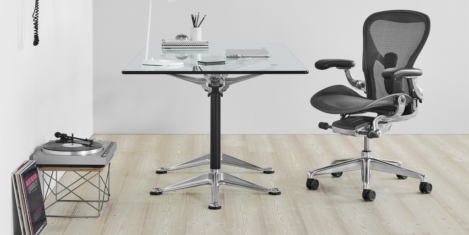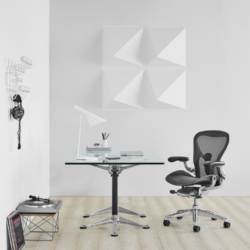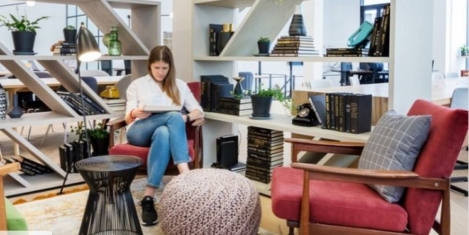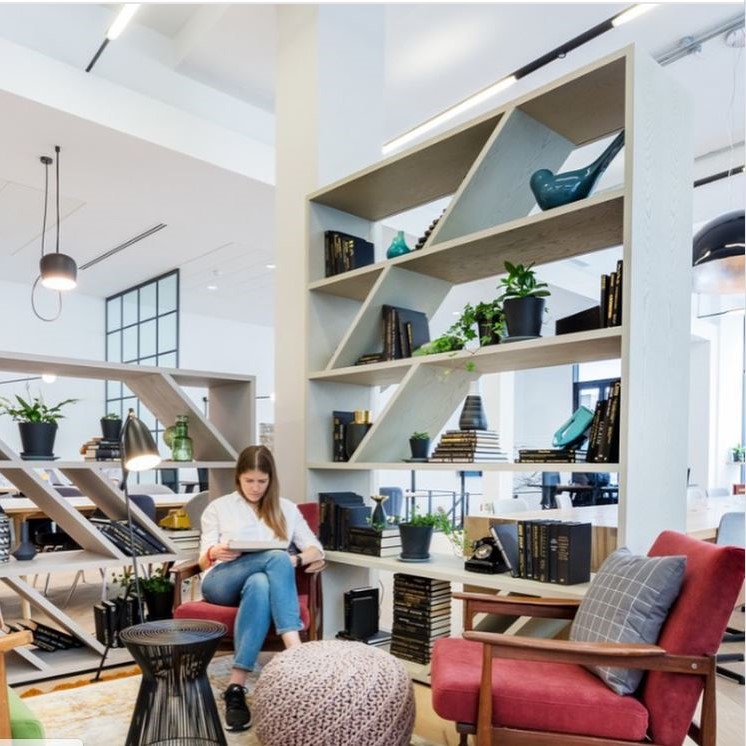February 9, 2024
Sustainable offices attract higher service charges
 Office buildings with the highest efficiency and sustainability ratings tend to have higher than average service charges, a report from accountancy and business advisory firm BDO claims. The firm’s latest benchmarking report suggests that offices with an ‘outstanding’ or ‘excellent’ Building Research Establishment Environmental Assessment Methodology (BREEAM) certification had total service charge costs that were 26 percent higher than the other offices it surveyed. Meanwhile, total service charge costs were 6 percent higher for sustainable offices with an Energy Performance Certificate (EPC) rating of A or B compared to all other offices. (more…)
Office buildings with the highest efficiency and sustainability ratings tend to have higher than average service charges, a report from accountancy and business advisory firm BDO claims. The firm’s latest benchmarking report suggests that offices with an ‘outstanding’ or ‘excellent’ Building Research Establishment Environmental Assessment Methodology (BREEAM) certification had total service charge costs that were 26 percent higher than the other offices it surveyed. Meanwhile, total service charge costs were 6 percent higher for sustainable offices with an Energy Performance Certificate (EPC) rating of A or B compared to all other offices. (more…)
































February 1, 2024
Underutilised office space? I just can’t be bothered with it
by Mark Eltringham • Comment, Flexible working, Workplace design
(more…)